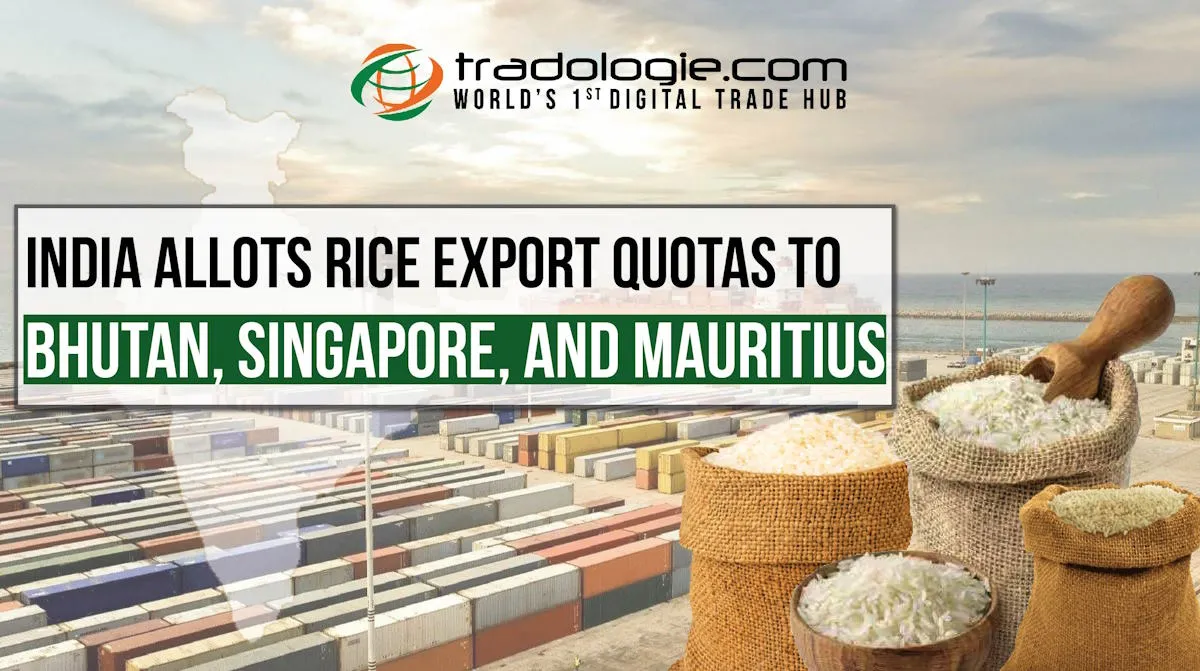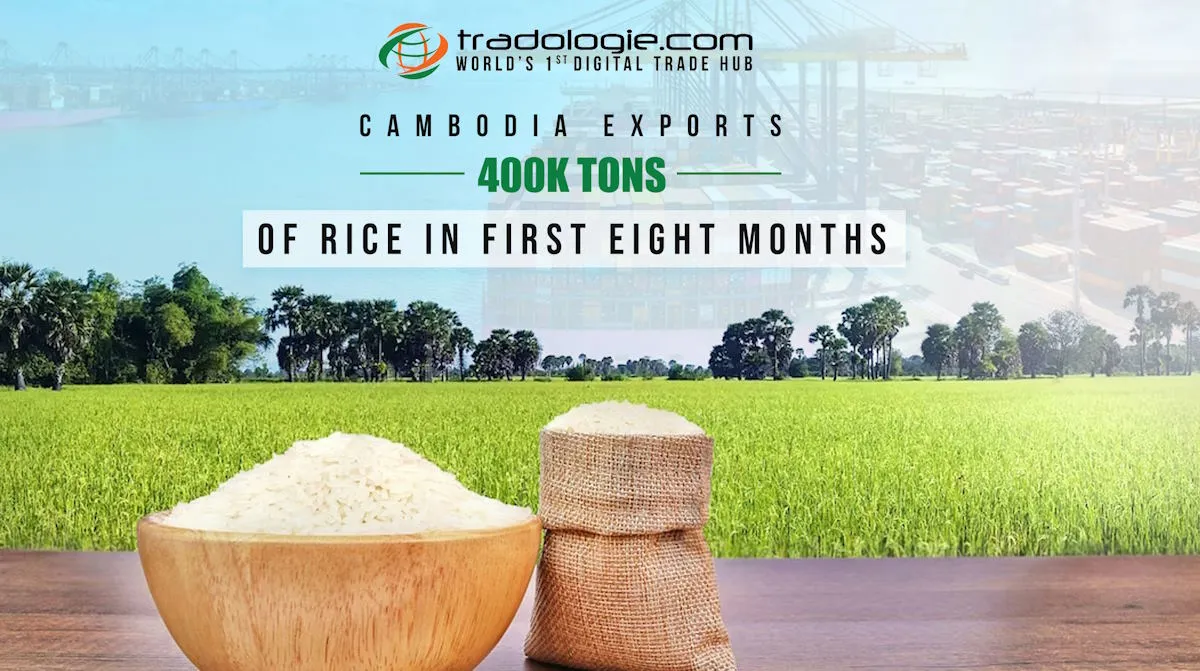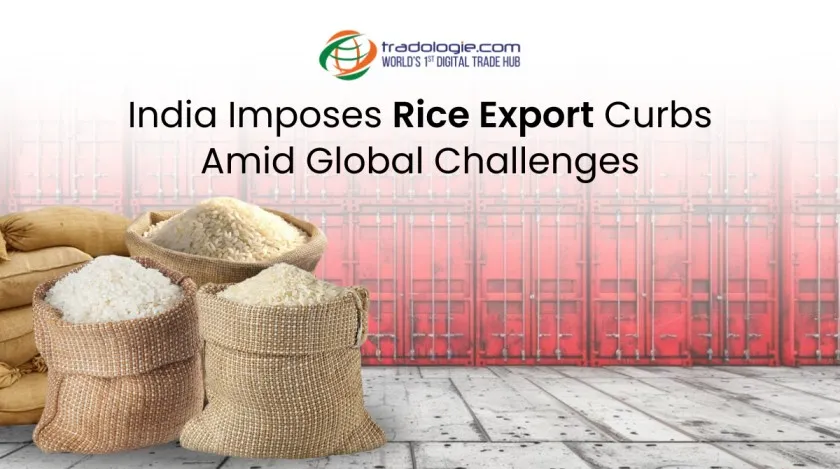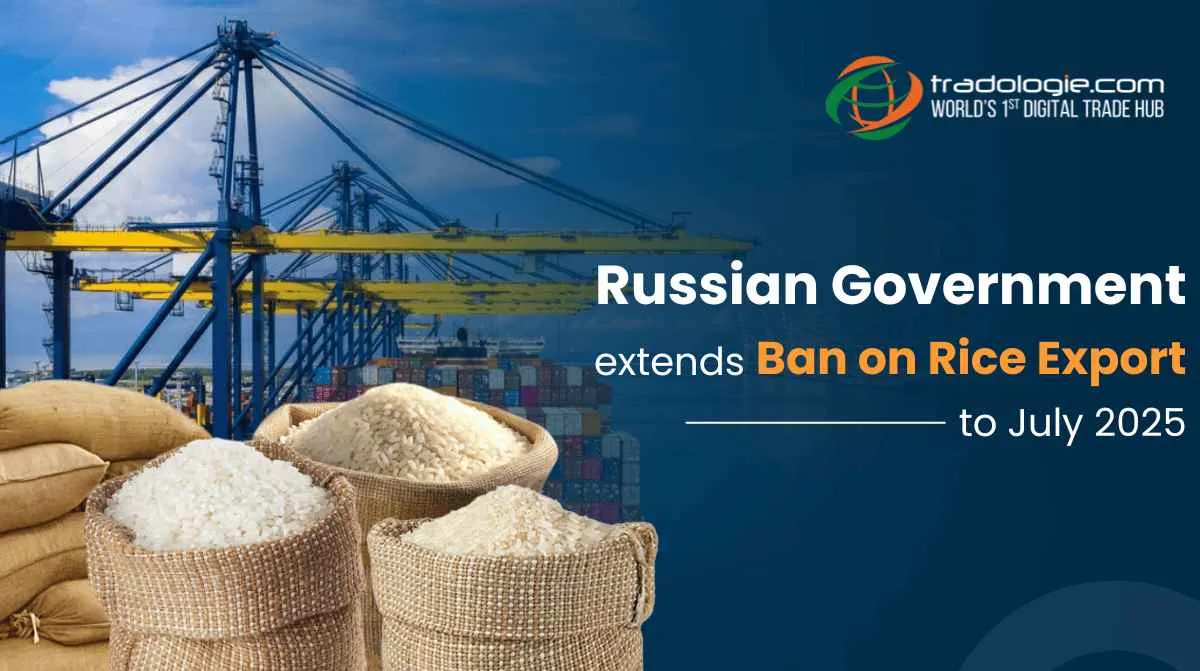India has taken a significant step in its international trade policy by allowing the export of rice to its allied nations, Bhutan, Singapore, and Mauritius, according to the Directorate General of Foreign Trade. Despite the export ban imposed on July 20th, India has decided to provide specific quantities of rice to these friendly nations to strengthen diplomatic ties and ensure food security in the region.
The largest portion of rice, 79,000 tonnes, is set to be allocated to Bhutan. This allocation not only underscores the close relationship between the two neighboring countries but also serves as a testament to India's commitment to supporting its allies during these challenging times.
Mauritius, an island nation in the Indian Ocean, will receive 14,000 tonnes of rice from India. This allocation is significant for Mauritius, as it will contribute to food security on the island. The decision to export rice to Mauritius further solidifies the historical and cultural ties between the two nations.
Singapore, a global financial hub and a key trading partner of India, will receive 50,000 tonnes of rice. This allocation is crucial for Singapore, as it relies heavily on food imports to meet the dietary needs of its diverse population. By providing rice to Singapore, India not only strengthens its economic ties with the city-state but also contributes to regional stability and food security.
The decision to export rice to these nations has been made with careful consideration of India's domestic needs. While the export ban remains in place for other countries, the government has ensured that the allocated quantities will not lead to shortages in the domestic market. This balance between international commitments and domestic requirements showcases India's ability to manage its resources effectively.
Why did India allow Rice Exports to these Nations?
The rice export decision is expected to have a positive impact on India's image on the international stage. It demonstrates the country's commitment to regional stability, food security, and diplomatic relations. India's role as a responsible global player is further highlighted by this move.
“We are thankful to the government of India for this much awaited notification giving relief to rice exporters. This will help in clearance of loading in our breakbulk ships at Kandla port," said Raajesh, Managing director of RSCPL (IFSC) Pvt Ltd, a 100% subsidiary of a Singapore-based company.
On August 20, Singapore requested from India for around 110,000 tonnes of rice. On August 23, the Indian government allowed the supply of non-white basmati rice to Bhutan and Mauritius under humanitarian operations. The export period is up to October 30 of this year.
Final Thoughts
In conclusion, India's decision to export rice to Bhutan, Mauritius, and Singapore showcases its dedication to strengthening diplomatic ties, ensuring regional food security, and supporting its allies during these challenging times.
This move not only serves as a testament to India's commitment to its friends but also reinforces its position as a responsible and cooperative member of the international community.
Tradologie.com is the ideal website for you if you are a rice importer looking to buy rice in bulk or a rice exporter looking to export bulk rice.More than 70,000+ registered sellers of agro-commodities from more than 150 countries are part of the platform's transaction-oriented community of over 600,000+ verified buyers.
Buyers and sellers of agro-commodity can easily sign up to take advantage of increased earnings and ease in the trading process through chances given by the platform on a daily basis. Tradologie facilitates bulk rice exports and imports throughout the world.
To register as a buyer, click here . To register as a seller, click here .
Follow Tradologie.com on all social media platforms to remain up to date with the newest events in the agro-trade sector.




.webp)
